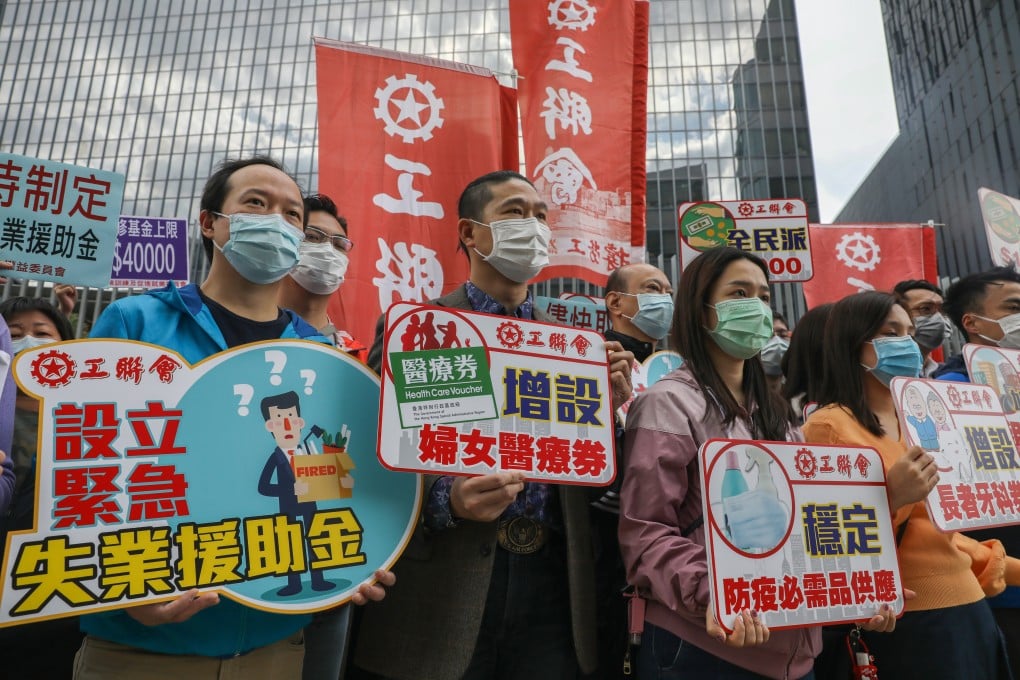Hong Kong electoral overhaul: who are the biggest winners? Traditional pro-Beijing groups and unions
- Key amendment that raised eyebrows was the composition of a newly created 60-seat sector for grass-roots associations in the Election Committee
- Committee’s voter base also shrank as the government abolished individual voting in all professional subsectors the opposition had previously won

Traditional Beijing-friendly organisations and unionists in Hong Kong with a track record of mobilising pro-establishment supporters in polls have emerged to be big winners in an all-powerful committee that controls all key elections under proposed legislation unveiled on Tuesday.
A key amendment that raised eyebrows was the composition of a newly created 60-seat sector for grass-roots associations in the Election Committee.
The members include the Hong Kong Island Federation, Kowloon Federation of Associations and New Territories Association of Societies, all three of which are pro-establishment umbrella groups led by the camp’s veterans and heavyweights.
Academics and non-governmental organisations serving disadvantaged groups questioned the rationale to include these groups, arguing the three were helmed by rich people with close ties to Beijing’s liaison office in the city, and could hardly be said to represent grass-roots communities.
A new fifth sector composed of 300 Beijing loyalists, including representatives of grass-roots communities and delegates to national organisations, was introduced to the body, which has now expanded to 1,500 members.